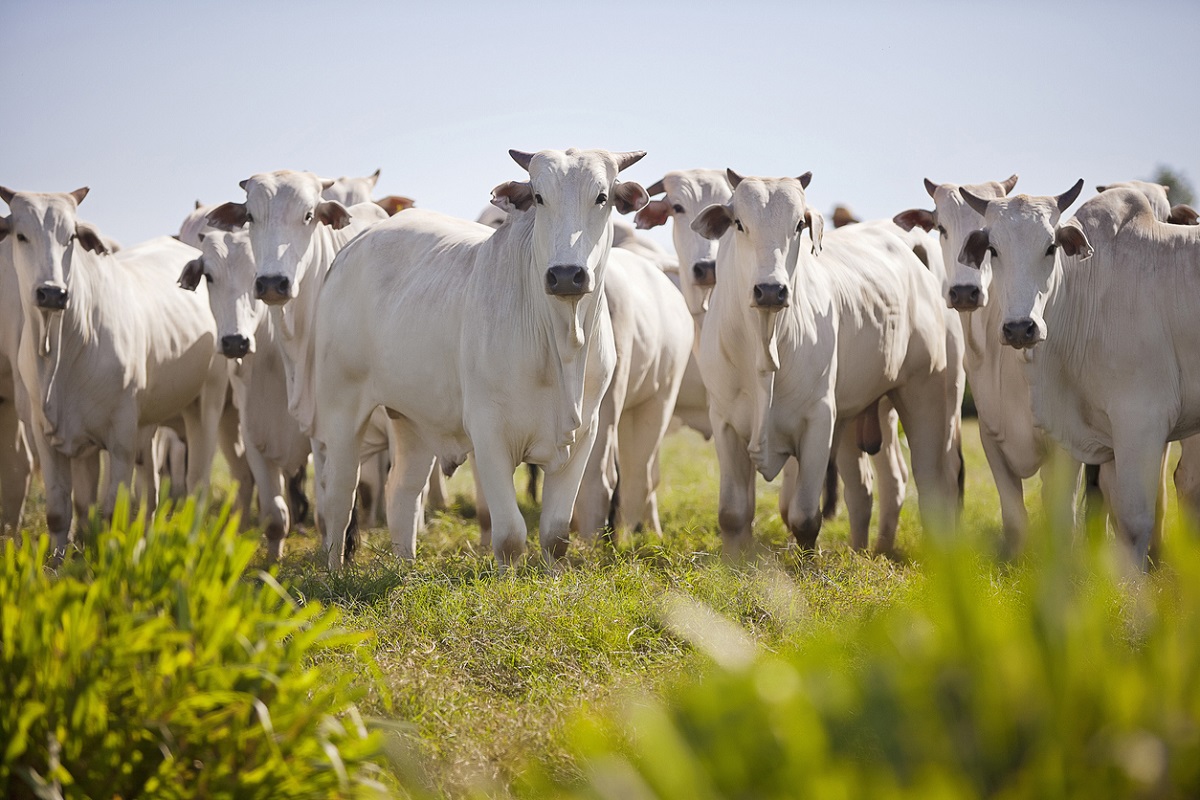
Study Finds Gene Editing in Cattle Produces No Off-Target Mutagenesis
June 23, 2021| |
Scientists investigated the off-target and de novo mutagenesis in a cattle line bearing edits for diluted coat-color using CRISPR-Cas9 technology. The results revealed that no off-target events were detected during genome sequencing, providing evidence that the technology is an effective tool to rapidly introduce variations into cattle populations with fewer chances of off-target mutations.
Off-target mutagenesis has remained a concern when using CRISPR-Cas9 mediated gene editing in animals for reasons related to the safety and ultimate applicability of the technology. However, scientists have favored the tool because it allows the rapid introduction of variations such as horn-status (polled) and diluted coat color to enhance heat tolerance in cattle.
The scientists from New Zealand designed their study to allow a detailed investigation of off-target and de novo mutagenesis in a cattle line bearing edits in the Premelanosome (PMEL) gene for diluted coat color. They found no off-target events were detected from high-depth whole genome sequencing performed in precursor cell lines and resultant calves cloned from those edited and non-edited cell lines. The mutation frequency and spectra were unaffected by the editing status. They concluded that no detectable CRISPR-Cas9 associated off-target mutations in the gene-edited cells or calves derived from the gene-edited cell line, and the comparison of de novo mutation of the gene-edited calves and the control calves did not reveal a higher mutation load in any one group beyond those anticipated from spontaneous mutagenesis.
Learn more from the full paper published in BMC Genomics.
| |
You might also like:
- Scientists Analyze Whole Genome Sequence of Water Buffalo, Cattle for Domestication Signatures
- Gene Editing Produces Livestock ‘Surrogate Sires' Successfully Made Fertile
- UC Davis Scientists Use CRISPR Technology to Develop Bull that Produces 75% Male Offspring
Biotech Updates is a weekly newsletter of ISAAA, a not-for-profit organization. It is distributed for free to over 22,000 subscribers worldwide to inform them about the key developments in biosciences, especially in biotechnology. Your support will help us in our mission to feed the world with knowledge. You can help by donating as little as $10.
-
See more articles:
-
News from Around the World
- Could Gene Drive Protect Nature?
- Kenya National Biosafety Authority Approves Genetically Modified Cassava
- Bioactive Packaging Keeps Strawberries Fresh
- Plant Immune Proteins Kill Cells to Defend against Pathogens
- Pakistan's Government Committed to Develop Agriculture for Food Security
- Researchers Report Resequenced Vietnamese Rice Genome
- Award-winning Purple Tomato to be Released in China in Disney Packaging
- EFSA Publishes Scientific Opinion on Herbicide Tolerant Oilseed Rape 73496
- Genetics Allows Selection of Cattles that Produce Less Methane
-
Research Highlights
- More Olive Genomes Identified by Scientists
- Experts Tackle Induced Mutagenesis in Date Palm Breeding
-
Plant
- Study Finds Gene Editing in Cattle Produces No Off-Target Mutagenesis
-
Read the latest: - Biotech Updates (February 18, 2026)
- Gene Editing Supplement (January 28, 2026)
- Gene Drive Supplement (February 22, 2023)
-
Subscribe to BU: - Share
- Tweet

